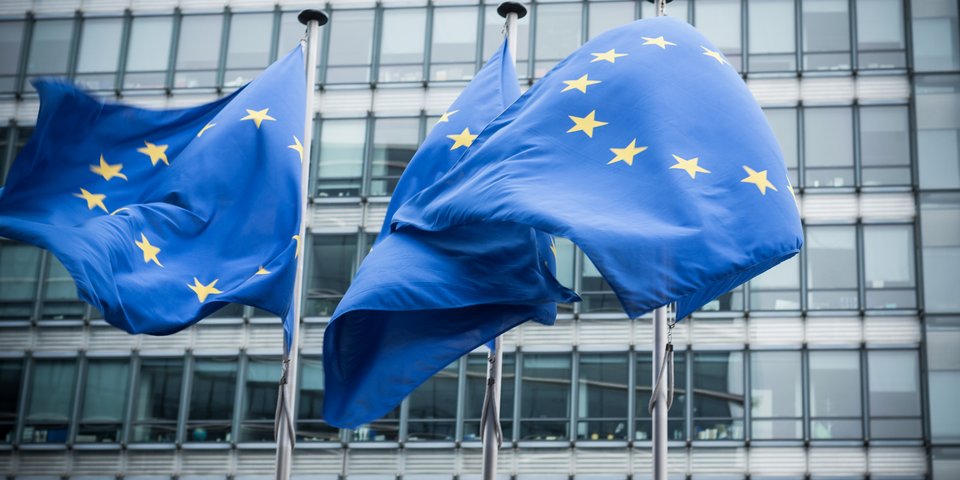 iStockphoto-inakiantonana
iStockphoto-inakiantonanaEuropean elections 2024
Call for more MEPs in the European Parliament
IF – 07/2023
The next European elections will be held from 6 to 9 June 2024. MEPs want to increase the number of seats even
before the election. However, this wish is not easy to implement, because any
change to the present electoral law as well as to the current distribution of
seats in the European Parliament must be approved by the heads of state and
government in the European Council.
Setting the course before the European elections
One year before the European elections, two MEPs, the conservative
Loránt Vincze (EPP, RO) and the leftist Sandro Goz (Renew/PL), submitted a report about the
composition of the European Parliament to the Inter-constitutional Committee (AFCO). In principle, the
European Parliament's proposal provides for the number of MEPs to be increased
from the current 705 to 716. A
total of nine member states would benefit from this.
Demographic change as the justification
In most cases the aim of changing the number of seats is to
strengthen smaller member states. However, this is not the case with the
current report. Demographic developments since the last European election in
2019 have been used as the justification for the requested additional eleven
mandates. According to a study made by the Parliamentary
Research Service, demographic
changes are especially noticeable in Spain and the Netherlands. Both countries
would receive two more mandates according to the report. Seven more countries
would also be beneficiaries, such as Austria, Denmark, Finland, Ireland,
Latvia, Slovakia and Slovenia. The final report was approved in the penultimate
plenary session before the parliamentary summer break in June. The proposal for
a European Council decision was adopted by 316 votes in favour, 169 against and
67 abstentions.
European Council is being challenged
The European Council will have to take a unanimous decision in
order to comply with the report and the wishes of MEPs. This would then be
returned to the European Parliament for another vote. The institutions need to
act swiftly in order to ensure that the necessary changes are not only decided
at the Brussels level and that the respective electoral laws in the member
states can also be changed. The entire process would not only be delayed but
also called into question if there were to be disagreements at the political
level, as would be the event of a divergence by a single country, . Although
progress made in the past on revising EU electoral law has been repeatedly
blocked by some countries, the two rapporteurs expect unanimous approval by the
European Council.
